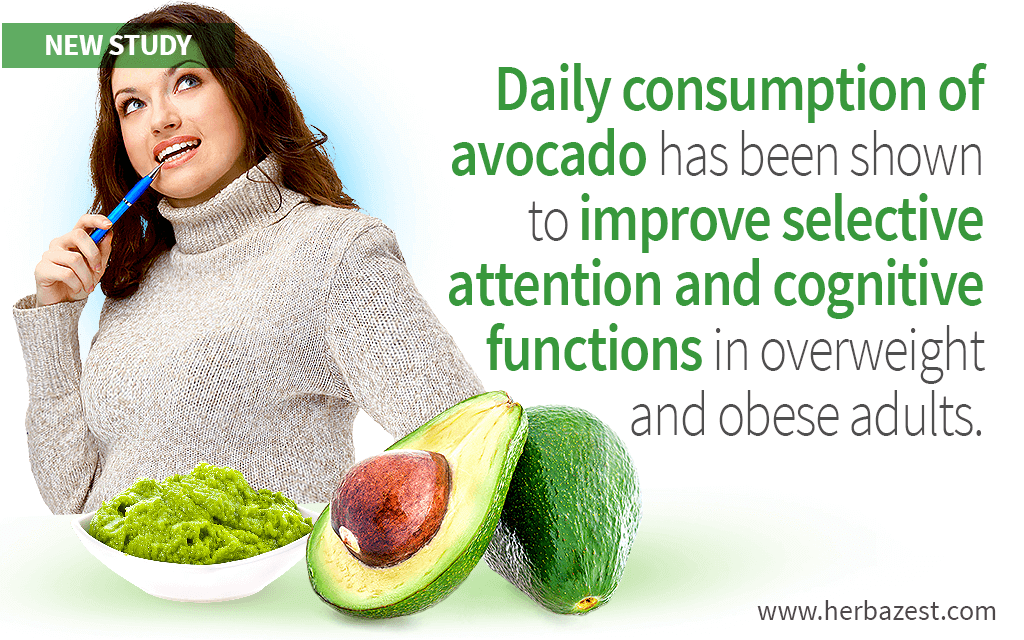With 2 in 3 adults in the United States considered overweight and obese, it is becoming more challenging to reduce the negative effects of excess weight on overall health of aging adults.1 These challenges not only relate to conditions like diabetes or hypertension, but also memory and cognition as studies have found the link between obesity and an increased risk of dementia.2
Building on the findings of a previous clinical trial which discovered avocado's cognitive benefits with daily consumption by adults over 50, mainly due to increased lutein levels (a carotenoid shown to promote eye and brain health)3, this study has put special focus on overweight and obese adults to determine if avocado's consumption has similar effects on their cognitive abilities.
The Study
This randomized-controlled clinical trial was carried out in collaboration between the USDA National Institute of Food and Agriculture, University of Illinois' Department of Kinesiology and Community Health, and the Hass Avocado Board.
It consisted of selecting 72 adults between the ages of 25 and 45 who had a body mass index (BMI) of 25 kg/m2 and above, and, thus, were considered overweight or obese. They were randomly assigned to two groups. The intervention group received a meal with one avocado a day, while the control group was given a meal with a similar calorie content without avocado. Serum lutein levels, macular pigment optical density (MPOD), and selective attention were assessed before and after the study.
The Results
The intervention group consuming one avocado a day has shown a significant improvement in selective attention as well as increased lutein concentrations in the blood. Interestingly, attention improvements were observed even before a rise in lutein levels in the eyes.
What Does this Mean?
The findings of this study confirm the beneficial link between avocado and brain health, while highlighting the fruit's value as an addition to the diets of overweight and obese adults as a means to promote cognitive functions and counteract the negative effects of excess weight on memory, attention, and dementia later on in life.
Additionally, because the positive effects of avocado on cognition were visible even before the changes in lutein concentrations, there might be another mechanism behind avocado's cognitive benefits. Further research is needed to investigate these potential mechanisms.
Other cognition- and memory-improving herbs include blueberries, turmeric, and cacao.
Sources
- Current Developments in Nutrition, Effects of a 12-week Avocado Randomized-controlled Trial on Cognitive Function and Lutein Status Among Adults with Overweight and Obesity, 2019
Footnotes:
- National Institute of Diabetes and Digestive and Kidney Diseases. (2017). Overweight & Obesity Statistics. Retrieved October 30, 2019 from https://www.niddk.nih.gov/health-information/health-statistics/overweight-obesity
- Cureus. (2018). Does Obesity Increase the Risk of Dementia: A Literature Review. Retrieved October 30, 2019 from https://www.ncbi.nlm.nih.gov/pmc/articles/PMC6054325/
- Nutrients. (2017). Avocado Consumption Increases Macular Pigment Density in Older Adults: A Randomized, Controlled Trial. Retrieved October 30, 2019 from https://www.mdpi.com/2072-6643/9/9/919





